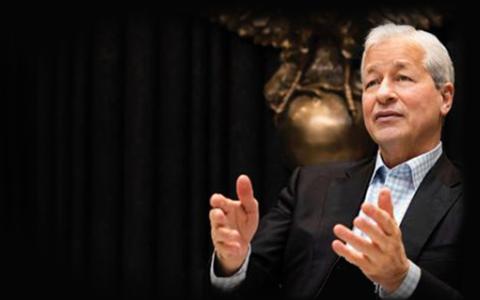
Jamie Dimon, CEO and chairman of JPMorgan Chase, voiced strong opposition to annual shareholder meetings during a conference focused on corporate governance and shareholder rights.
Dimon called the meetings a "frivolous waste of time" and criticized them for being dominated by special interest groups. He argued that these gatherings fail to foster serious discussions about key company or societal issues. Dimon also suggested that the regulations allowing individuals with just $2,000 in shares to submit proposals for voting at these meetings are outdated and no longer serve their intended purpose.
His remarks stirred reactions among the audience, which included representatives of large shareholders such as public pensions, unions, and corporate retirement funds. Dimon further expressed his preference for private ownership, saying, “I’d love to be private if I could,” noting that fewer lawsuits, less SEC oversight, and the elimination of shareholder meetings would be appealing benefits.
Dimon also addressed the ongoing debate over whether the roles of chair and CEO should be separated to ensure greater accountability and oversight. He admitted he has considered dropping the chairman title altogether, saying, “Just get rid of it. Have a lead director and a CEO. Who cares?” His casual dismissal of the traditional dual-role structure reflects his broader stance on reducing the burdens of corporate governance.
Earlier this year, a proposal to split the roles of chair and CEO at JPMorgan gained substantial support from proxy advisory firms, though it ultimately failed. However, 42.7% of shareholders voted in favor of the resolution, signaling that there is significant backing for change.
Dimon, who has led JPMorgan for 18 years, is known for his candid and often unfiltered opinions on corporate and policy matters. In his latest shareholder letter, he reiterated his frustration with the annual meeting process, underscoring his belief that it does little to advance meaningful dialogue.
Dimon’s influence in the financial industry is significant, and his critical stance on shareholder meetings may prompt other firms to reconsider the format. As the CEO of the largest U.S. bank, his comments could drive broader industry conversations about the efficacy and necessity of these meetings, which have long been seen as essential for promoting transparency and shareholder rights.



